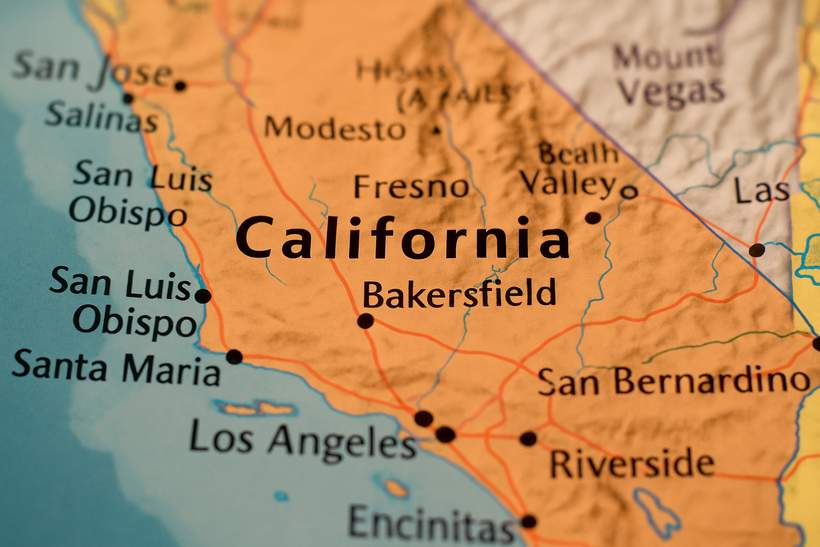California Tribes Oppose New Bill Threatening Sweepstakes Gaming

Four Northern California tribes have recently stepped up their opposition to a proposed legislative measure known as Assembly Bill 831. On September 8, these tribes held a protest at the State Capitol to warn lawmakers that the bill could worsen economic disparities among tribal communities.
Smaller Tribes Warn That Sweepstakes Ban Could Cut Vital Income
The Kletsel Dehe Wintun Nation, Sherwood Valley Rancheria of Pomo Indians, Mechoopda Indian Tribe of Chico Rancheria, and Big Lagoon Rancheria have united in opposition to the bill. They contend that AB 831 would prohibit online social games involving sweepstakes promotions, which many smaller tribes rely on as important income sources within the digital marketplace.
If enacted, the bill threatens to dismantle an industry in California valued at over $1 billion. Proponents of the legislation, including the California Nations Indian Gaming Association (CNIGA), argue that these sweepstakes games are unlawful and undermine tribal sovereignty. However, leaders from the opposing tribes argue that the bill primarily benefits wealthy casino tribes while placing hardships on smaller, often remote, tribal nations.
Eric Wright, Tribal Administrator of the Kletsel Dehe Wintun Nation, emphasized that online partnerships are crucial revenue streams for communities distant from urban centers. He cautioned that banning these options would deprive tribes of essential funds needed for healthcare, education, housing, and food services. Wright described digital commerce as a critical lifeline rather than a mere luxury.
Sherwood Valley Rancheria Secretary Buffey Bourassa shared similar concerns, describing the bill as a threat to her tribe’s self-sufficiency. She warned that restricting access to regulated online businesses would undermine California’s commitment to inclusion and further endanger vulnerable communities.
Opponents Say AB 831 Favors Large Casinos at Expense of Small Tribes
Mechoopda Chairman Dennis Ramirez criticized the bill’s advancement without comprehensive consultation with all tribal nations. He expressed that passing the bill would create a two-tier system, boosting large casino operators while sidelining tribes with fewer resources.
Beyond economic impacts, critics also raised concerns about threats to tribal sovereignty. They argued that some provisions in AB 831 could impose criminal penalties on tribes, potentially violating federal protections against state interference in Indian Country.
This controversy has revealed significant divisions within California’s tribal community. Leaders of large casino tribes and CNIGA maintain that the bill is necessary to curb what they view as illegal gambling operations. CNIGA leader James Siva has accused sweepstakes companies of misleading smaller tribes with false promises, though he acknowledged some tribes face economic challenges. As AB 831 continues its legislative journey, the protest by the four northern tribes highlighted escalating tensions and underscored their demand that lawmakers reject the bill to prevent widening economic inequities among California’s native peoples.